[Anchor]
The United States and Japan have reached a trade agreement.
In exchange for increasing imports of U.S. rice and committing to major investments, Japan will see its reciprocal tariff rates and auto tariffs reduced to 15%.
KBS correspondent Kim Ji-sook has the details from Washington.
[Report]
The U.S. has lowered the reciprocal tariff rate on Japanese products—previously set unilaterally at 25%—to 15%.
Among countries running a trade surplus with the U.S., Japan has secured the lowest reciprocal tariff rate under this deal.
Tariffs on automobiles, which the U.S. had uniformly set at 25% for all foreign products, have also been reduced to 15% for Japanese vehicles.
In return, Japan made significant concessions.
Japan agreed to implement $550 billion worth of investments in the U.S., equivalent to about 759 trillion Korean won.
President Trump stated that 90% of the profits from this investment would benefit the United States.
Japan also pledged to increase imports of certain agricultural products—including U.S. rice, a key sticking point in the talks—as well as automobiles.
Additionally, Japan committed to a joint venture to develop Alaska's LNG, a project President Trump has shown strong interest in.
[Donald Trump/President of the United States: "It's a great deal for everybody. I always say it has to be great for everybody. It's a great deal, a lot different from the deals in the past."]
However, the issue of increasing Japan’s defense budget was not included in this agreement.
The U.S. has also reached a similar deal with the Philippines.
In this case, the U.S. will lower the reciprocal tariff rate to 19%, while the Philippines will open its market to American goods and expand imports of U.S. agricultural and pharmaceutical products.
This is Kim Ji-sook reporting for KBS News from Washington.
The United States and Japan have reached a trade agreement.
In exchange for increasing imports of U.S. rice and committing to major investments, Japan will see its reciprocal tariff rates and auto tariffs reduced to 15%.
KBS correspondent Kim Ji-sook has the details from Washington.
[Report]
The U.S. has lowered the reciprocal tariff rate on Japanese products—previously set unilaterally at 25%—to 15%.
Among countries running a trade surplus with the U.S., Japan has secured the lowest reciprocal tariff rate under this deal.
Tariffs on automobiles, which the U.S. had uniformly set at 25% for all foreign products, have also been reduced to 15% for Japanese vehicles.
In return, Japan made significant concessions.
Japan agreed to implement $550 billion worth of investments in the U.S., equivalent to about 759 trillion Korean won.
President Trump stated that 90% of the profits from this investment would benefit the United States.
Japan also pledged to increase imports of certain agricultural products—including U.S. rice, a key sticking point in the talks—as well as automobiles.
Additionally, Japan committed to a joint venture to develop Alaska's LNG, a project President Trump has shown strong interest in.
[Donald Trump/President of the United States: "It's a great deal for everybody. I always say it has to be great for everybody. It's a great deal, a lot different from the deals in the past."]
However, the issue of increasing Japan’s defense budget was not included in this agreement.
The U.S. has also reached a similar deal with the Philippines.
In this case, the U.S. will lower the reciprocal tariff rate to 19%, while the Philippines will open its market to American goods and expand imports of U.S. agricultural and pharmaceutical products.
This is Kim Ji-sook reporting for KBS News from Washington.
■ 제보하기
▷ 카카오톡 : 'KBS제보' 검색, 채널 추가
▷ 전화 : 02-781-1234, 4444
▷ 이메일 : kbs1234@kbs.co.kr
▷ 유튜브, 네이버, 카카오에서도 KBS뉴스를 구독해주세요!
- U.S., Japan strike trade deal
-
- 입력 2025-07-23 23:45:51
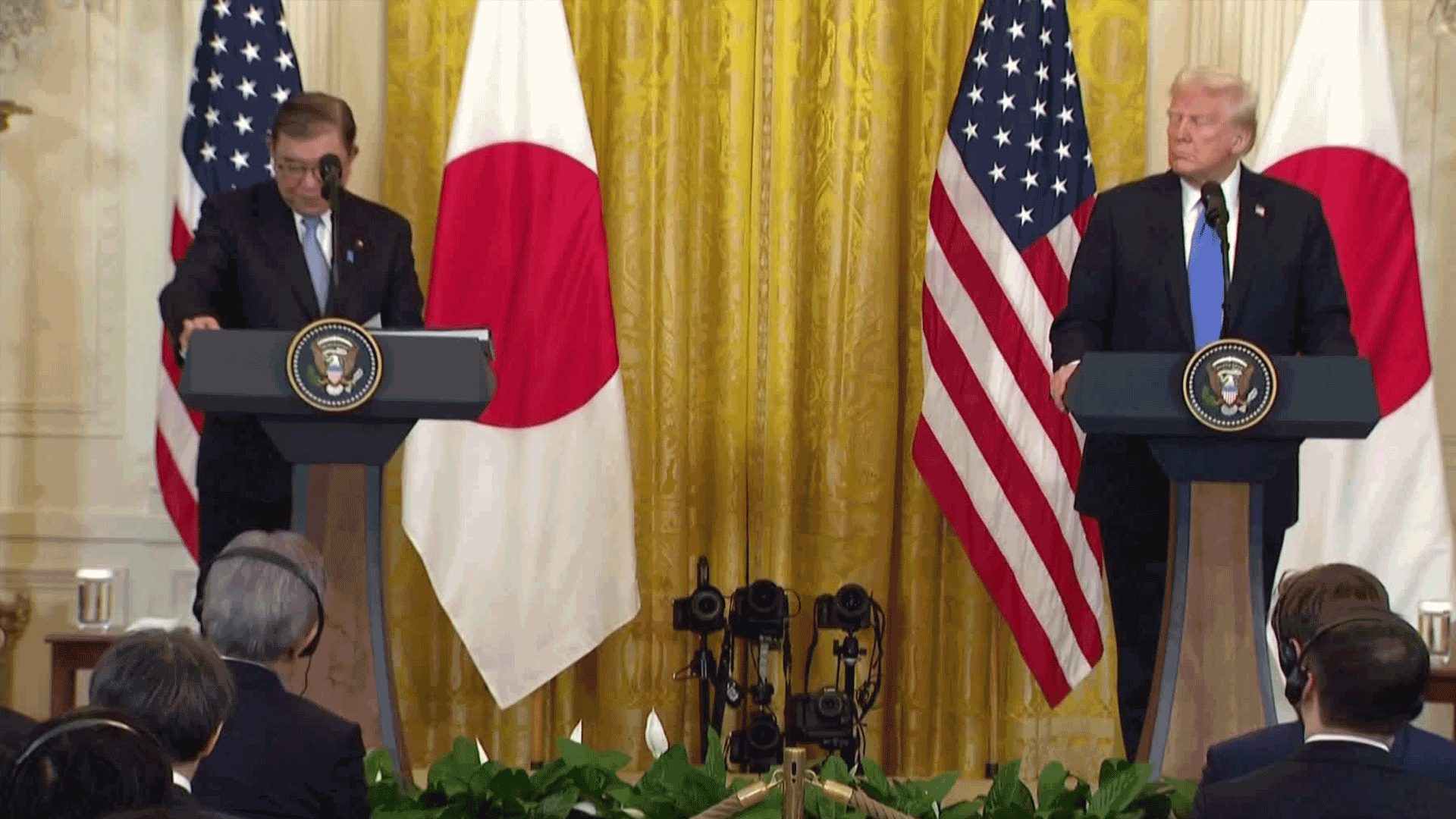
[Anchor]
The United States and Japan have reached a trade agreement.
In exchange for increasing imports of U.S. rice and committing to major investments, Japan will see its reciprocal tariff rates and auto tariffs reduced to 15%.
KBS correspondent Kim Ji-sook has the details from Washington.
[Report]
The U.S. has lowered the reciprocal tariff rate on Japanese products—previously set unilaterally at 25%—to 15%.
Among countries running a trade surplus with the U.S., Japan has secured the lowest reciprocal tariff rate under this deal.
Tariffs on automobiles, which the U.S. had uniformly set at 25% for all foreign products, have also been reduced to 15% for Japanese vehicles.
In return, Japan made significant concessions.
Japan agreed to implement $550 billion worth of investments in the U.S., equivalent to about 759 trillion Korean won.
President Trump stated that 90% of the profits from this investment would benefit the United States.
Japan also pledged to increase imports of certain agricultural products—including U.S. rice, a key sticking point in the talks—as well as automobiles.
Additionally, Japan committed to a joint venture to develop Alaska's LNG, a project President Trump has shown strong interest in.
[Donald Trump/President of the United States: "It's a great deal for everybody. I always say it has to be great for everybody. It's a great deal, a lot different from the deals in the past."]
However, the issue of increasing Japan’s defense budget was not included in this agreement.
The U.S. has also reached a similar deal with the Philippines.
In this case, the U.S. will lower the reciprocal tariff rate to 19%, while the Philippines will open its market to American goods and expand imports of U.S. agricultural and pharmaceutical products.
This is Kim Ji-sook reporting for KBS News from Washington.
The United States and Japan have reached a trade agreement.
In exchange for increasing imports of U.S. rice and committing to major investments, Japan will see its reciprocal tariff rates and auto tariffs reduced to 15%.
KBS correspondent Kim Ji-sook has the details from Washington.
[Report]
The U.S. has lowered the reciprocal tariff rate on Japanese products—previously set unilaterally at 25%—to 15%.
Among countries running a trade surplus with the U.S., Japan has secured the lowest reciprocal tariff rate under this deal.
Tariffs on automobiles, which the U.S. had uniformly set at 25% for all foreign products, have also been reduced to 15% for Japanese vehicles.
In return, Japan made significant concessions.
Japan agreed to implement $550 billion worth of investments in the U.S., equivalent to about 759 trillion Korean won.
President Trump stated that 90% of the profits from this investment would benefit the United States.
Japan also pledged to increase imports of certain agricultural products—including U.S. rice, a key sticking point in the talks—as well as automobiles.
Additionally, Japan committed to a joint venture to develop Alaska's LNG, a project President Trump has shown strong interest in.
[Donald Trump/President of the United States: "It's a great deal for everybody. I always say it has to be great for everybody. It's a great deal, a lot different from the deals in the past."]
However, the issue of increasing Japan’s defense budget was not included in this agreement.
The U.S. has also reached a similar deal with the Philippines.
In this case, the U.S. will lower the reciprocal tariff rate to 19%, while the Philippines will open its market to American goods and expand imports of U.S. agricultural and pharmaceutical products.
This is Kim Ji-sook reporting for KBS News from Washington.
-
-

김지숙 기자 jskim84@kbs.co.kr
김지숙 기자의 기사 모음
-
이 기사가 좋으셨다면
-
좋아요
0
-
응원해요
0
-
후속 원해요
0










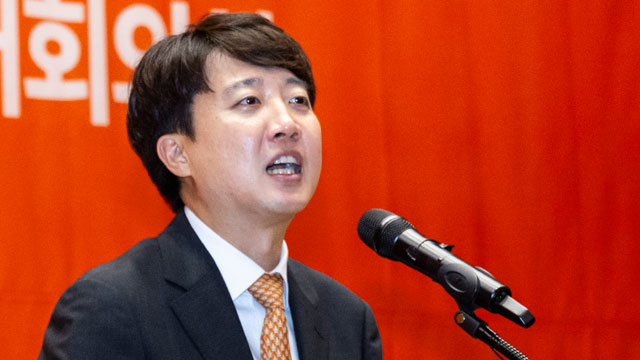
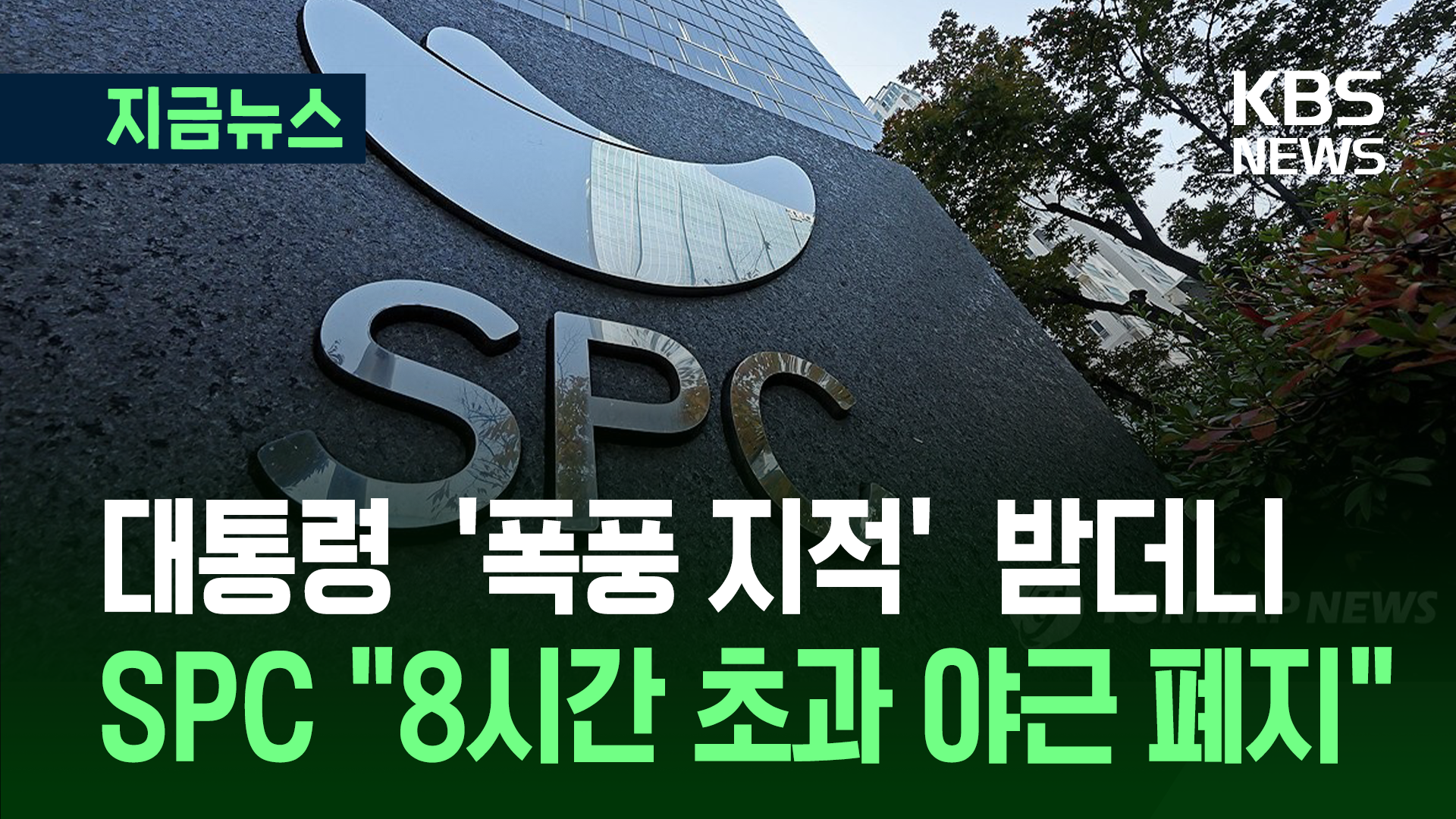
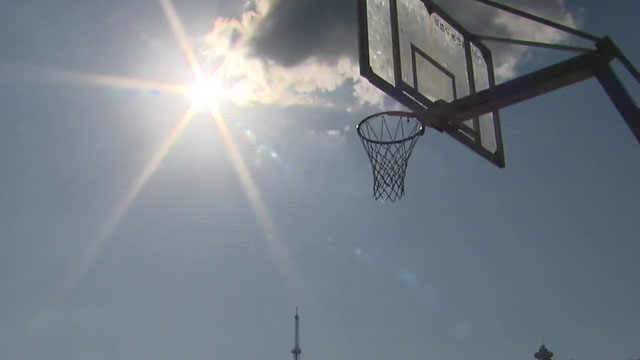
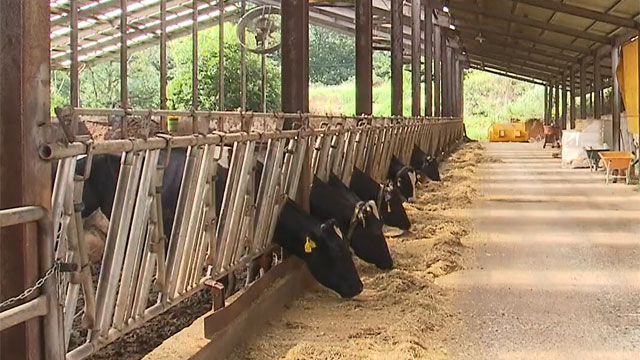

이 기사에 대한 의견을 남겨주세요.